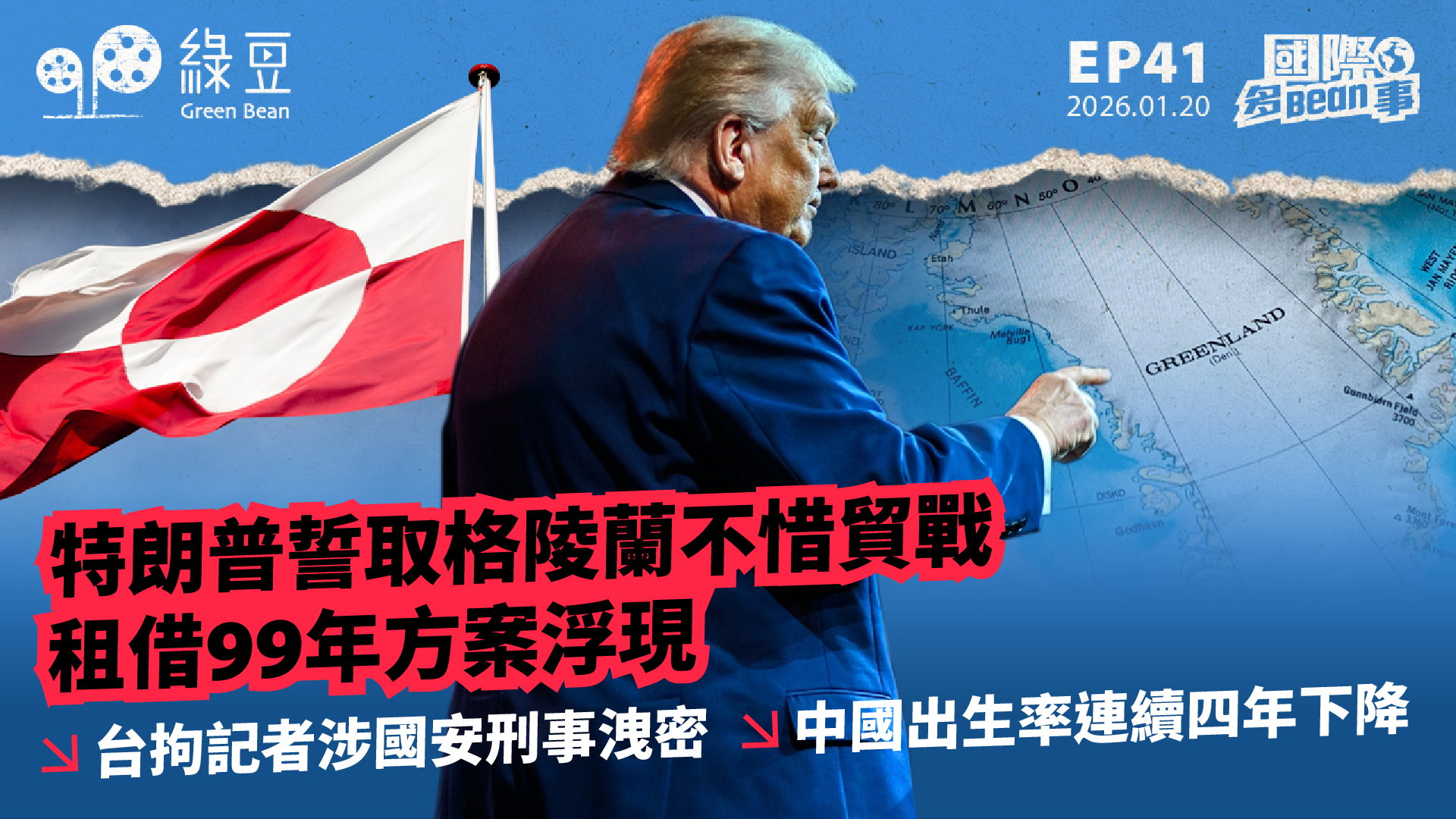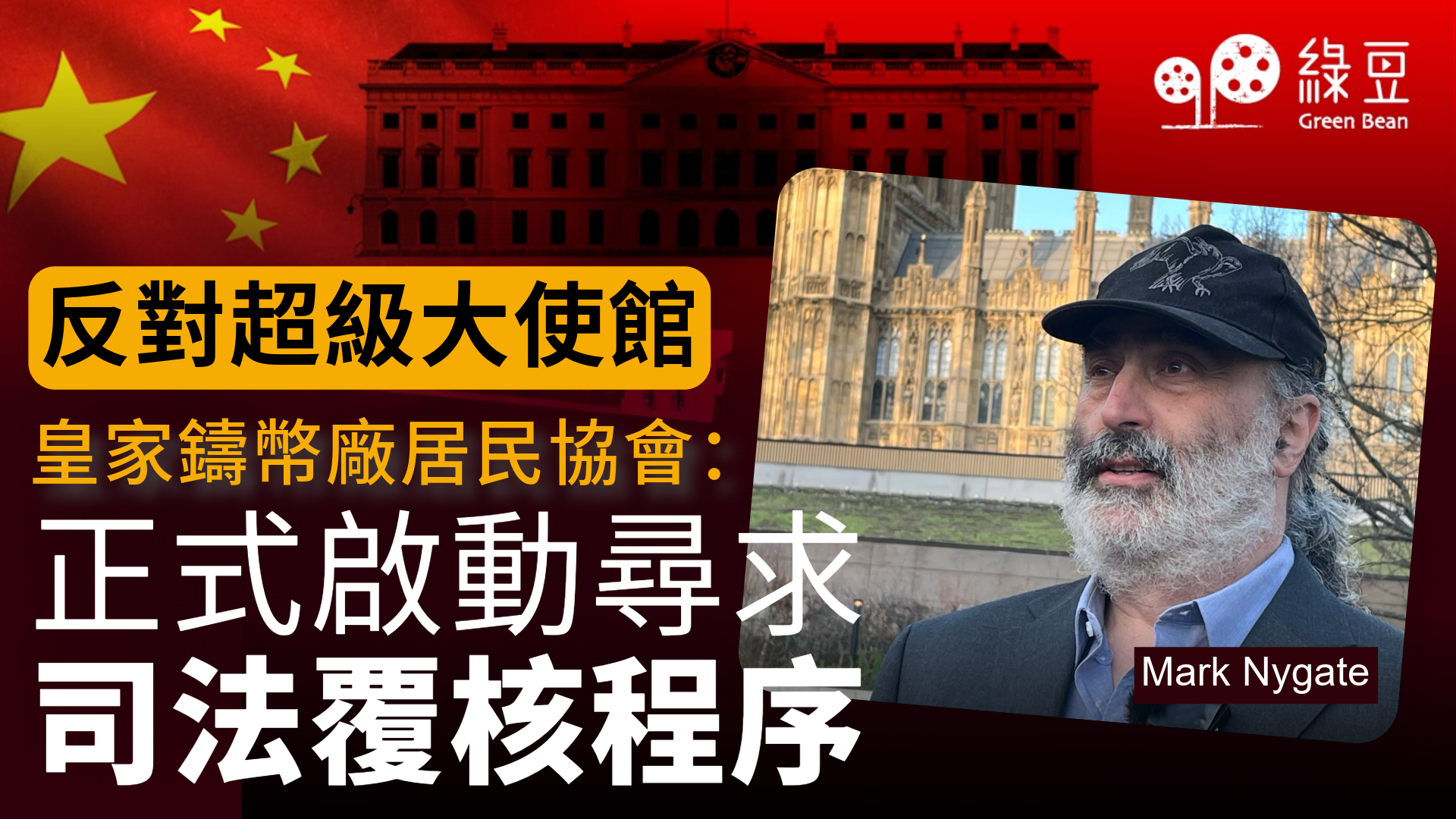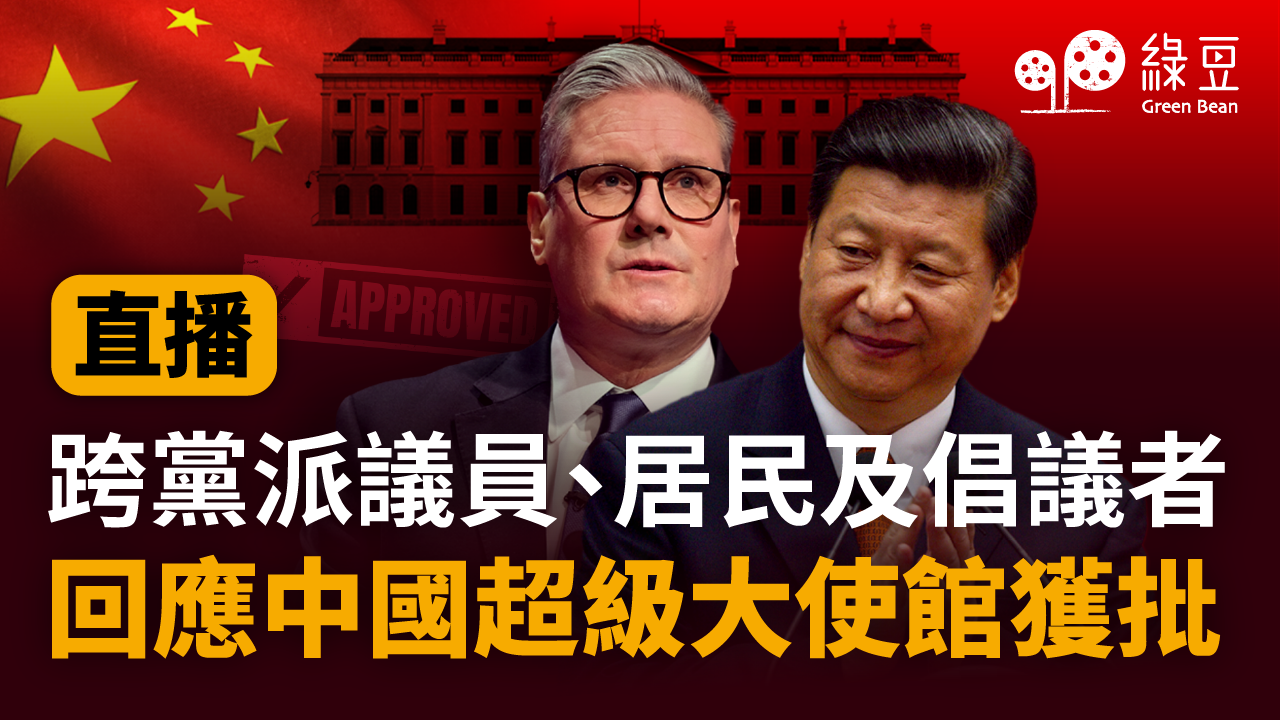Civil Servants Secrets FB page targeted; who’s next

Hopes, if any, that the Hong Kong’s Police’s national security team will soften their approach after the John Lee administration took office could be laid to rest.
A string of events in the past week has laid bare the grim reality that the room for dissenting views keeps shrinking. Fears of crackdown on voices deemed by the power-that-be as hostile and ill-will have lingered.
On Tuesday (9/8), national security police arrested two government employees on suspicion of posting seditious messages online. The pair were administrators of a social media group called Civil Servants Secrets.
The Facebook page, which had more than 160,000 followers, cannot be accessed after the arrests. Although new pages under the names of Civil Servants Secrets 2.0 and 3.0 popped up on social media, the arrests have blown chilly winds in the civil service and society at large.
A police spokesman said the pair had allegedly disseminated “seditious messages that promote feelings of ill-will and enmity between different classes of the population of Hong Kong”.
It is still unclear what are the specific posts the police were referring to. But by invoking the colonial sedition law, the latest case has stoked fears that criticism against the wrongdoings and deficiencies of public servants, government departments and the ruling team led by Chief Executive John Lee could cross the “red line”.
The Civil Servants Secrets page had no shortage of posts critical of government policies. Posts that were claimed to be submitted by government employees with revelations of the internal operations of government departments or their grievances could be embarrassing, but have arguably done little harm to the authorities.
One of the last posts published on July 31 featured a video of a police officer putting his firearms away and taking a nap while on duty in an office of the national security team. The case hit headlines, but is by no means a major police scandal.
That the pair who ran the page were arrested nine days after the “sleeping cop” controversy seems to have indicated that the Civil Servants Secrets might have already been on the watch-list for some time.
Whether the “sleeping cop” episode has emerged as a wake-up call to the law enforcement body for them to act on the page’s administrators is anybody’s guess. It looks certain though there is no sign of a change of the aggressive approach in the application of the laws on national security and sedition.
Also seemingly emerging as the fresh targets of attacks are a group of talk show hosts in the Commercial Radio and a list of 15 stories published by Radio Free Asia (RFA).
A hitherto unknown patriotic group reported to the police on August 5 RFA, a media outlet funded by the U.S. government, has breached the national security law. They cited reports including a birthday note conveyed to Jimmy Lai by his former aide Mark Simon and the inauguration of the Hong Kong Parliament by a group of Hongkongers overseas.
On August 8, another patriotic group, again whose background is unknown, staged protests outside the office of Communications Authority and Commercial Radio, accusing a group of the broadcaster’s hosts of spreading anti-government messages, hatred towards the central government and Hong Kong government.
On the list were prominent KOLs such as Chip Tsao and Simon Shen.
The protests of the patriotic groups were reported by Ta Kung Pao and Wen Wei Po. Other media outlets have given them a miss.
Pundits can be pardoned for seeing the acts of the patriotic groups as the curtain raiser to intensified curbs on new targets. This time, in the media circle.
Based on a revisit of the development of events that ended with the demise of civil society groups and media organisations in the post-NSL era, changes in the programming of Commercial Radio and the operation of RFA are not a question of it, but when and how.
The disheartening episodes in the media and socio-political landscape have not come as a surprise. They have shed more light on the new Hong Kong under the “patriots ruling Hong Kong” political framework.
The essence of which is not just about who, namely patriots, run Hong Kong, but, more importantly, how. Upholding the nation’s core interests, whose scope and definition could be broad, is the first and foremost task of the patriots-only government.
On the domestic front, the laws on national security and sedition are the legal-cum-political tool by the SAR government to defend the nation’s core interests in Hong Kong, which include socio-political stability and their authority in governance.
On the cross-Straits front, the Lee team has adopted a more proactive approach in aligning with the central authorities in their war with the US and the West on the issue of Taiwan. In another unprecedented move on Wednesday (10/8), cabinet members issued statements in support of the issuing of a white paper on the Taiwan question.
The process of political integration with the mainland has drastically accelerated since July 1 due to, no small part, the drama in and around Taiwan unfolded during and after the visit of the U.S. House Speaker Nancy Pelosi.
More changes, be they desirable or deplorable, look inevitable in a certain period of time.
▌[At Large] About the Author
Chris Yeung is a veteran journalist, a founder and chief writer of the now-disbanded CitizenNews; he now runs a daily news commentary channel on Youtube. He had formerly worked with the South China Morning Post and the Hong Kong Economic Journal.





